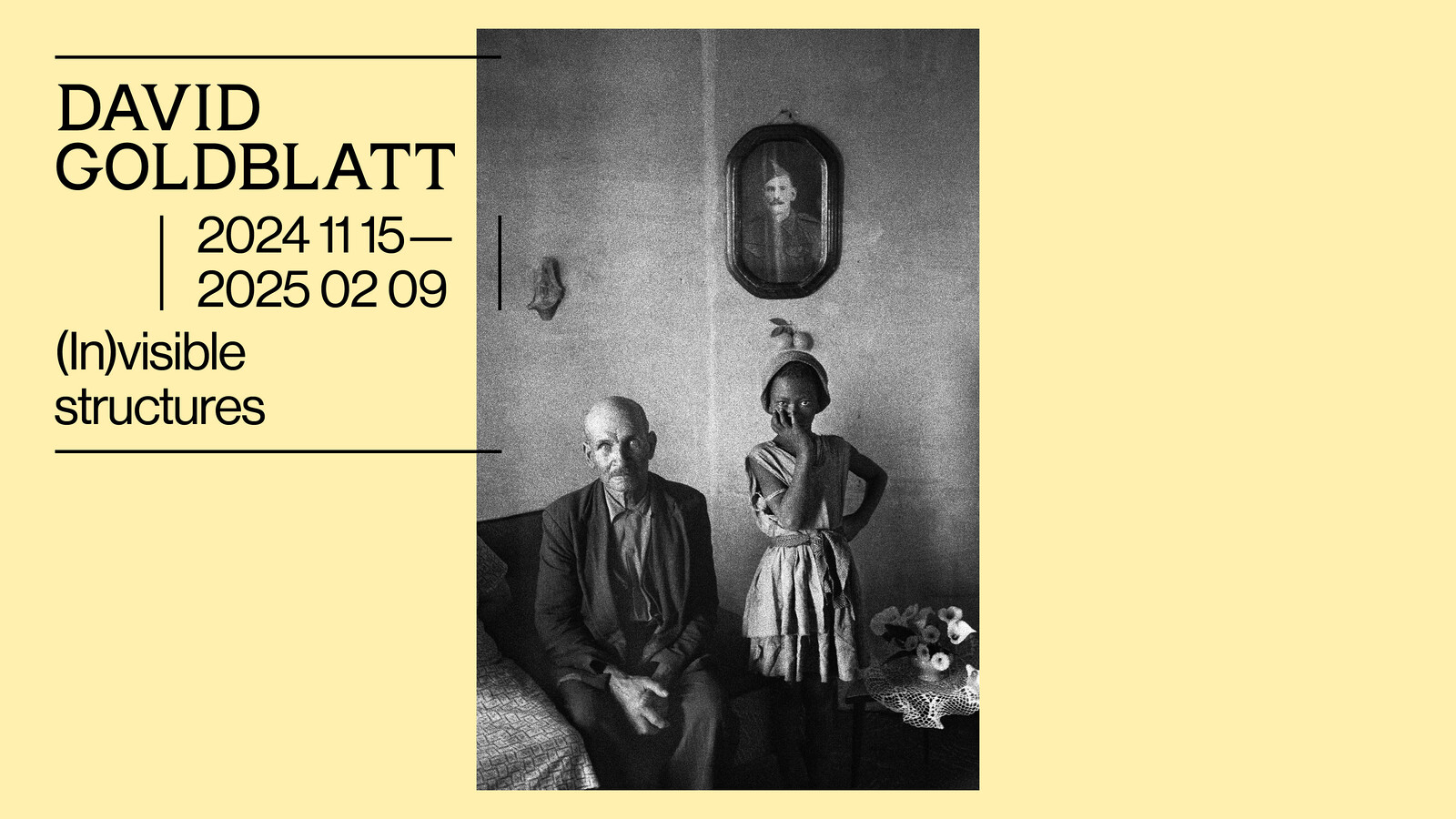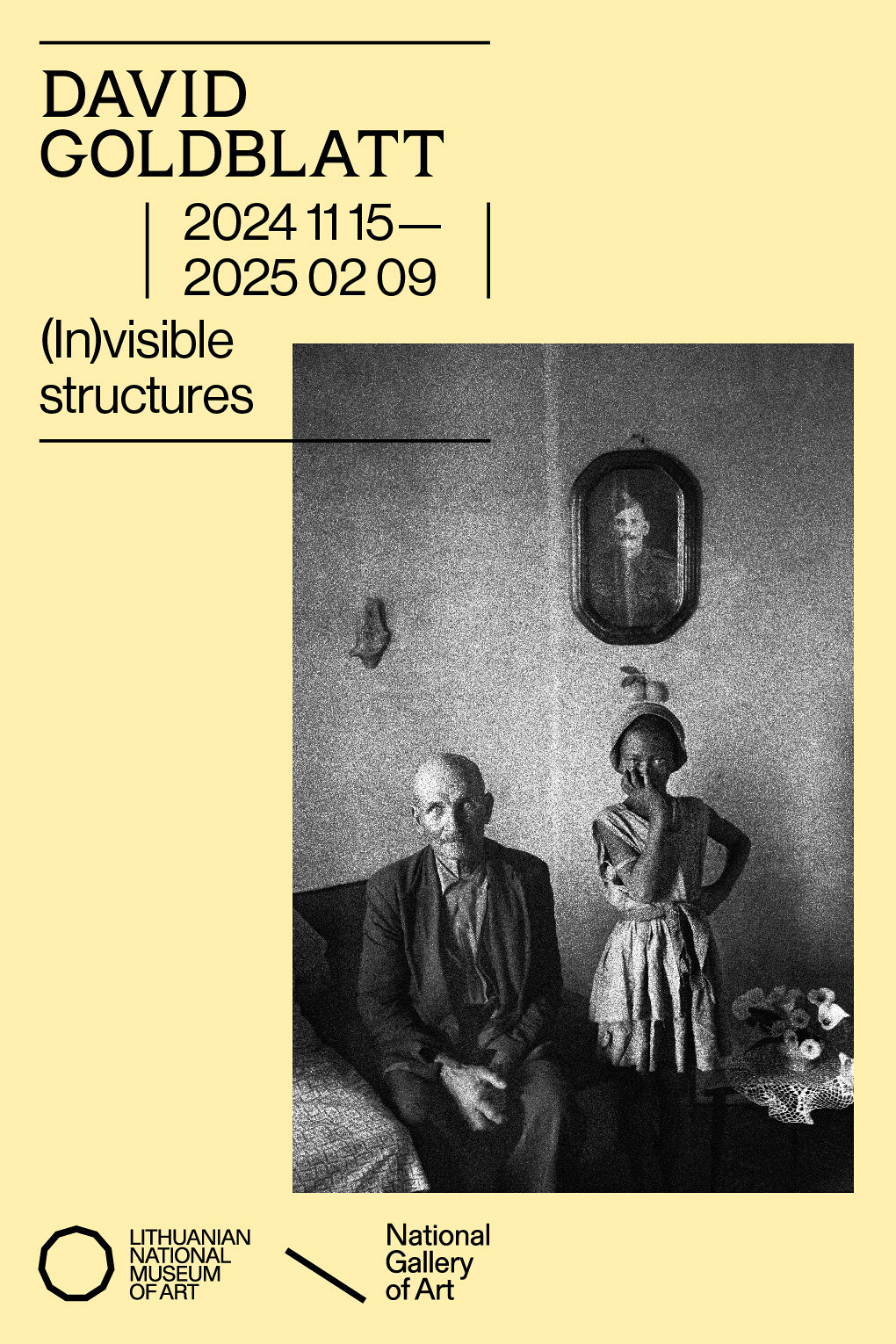Opening: June 30, 2022
The New Museum announces exhibitions of Robert Colescott, Bárbara Wagner and Benjamin de Burca, Kapwani Kiwanga, Doreen Lynette Garner, and Naomi Rincón Gallardo, all opening June 30, 2022.
On the Second Floor, Art and Race Matters: The Career of Robert Colescott brings together approximately forty paintings from the artist’s celebrated sixty-year long career. Bárbara Wagner and Benjamin de Burca: Five Times Brazil, on view on the Third Floor, focuses on projects filmed by the artists in Brazil over the past seven years. Installed on the Fourth Floor, Kapwani Kiwanga: Off-Grid debuts a new commission alongside recent work, which together bridge historical research with a site-specific spatial intervention. Doreen Lynette Garner: REVOLTED, a solo presentation of new work, will premiere in the Lobby Gallery. The New Museum’s “Screen Series,” a platform for the presentation of new video works by emerging contemporary artists, continues with work by Naomi Rincón Gallardo on the Lower Level.
Art and Race Matters: The Career of Robert Colescott
June 30–October 9, 2022
The bold and richly rendered works of Robert Colescott (1925–2009) traverse art history to offer a satirical take on issues of race, beauty, and American culture. Often ahead of his time, Colescott explored the ways in which personal and cultural identities are constructed and enacted through the language and history of painting. This presentation offers a long overdue celebration of Colescott as one of the most consequential artists of his time and occurs three decades after the New Museum presented the last New York survey of his work in 1989.
Additional information on Art and Race Matters: The Career of Robert Colescott.
Bárbara Wagner and Benjamin de Burca: Five Times Brazil
June 30–October 16, 2022
Working together for a decade, Bárbara Wagner (b. 1980, Brasília, Brazil) and Benjamin de Burca (b. 1975, Munich, Germany) produce films and video installations that feature protagonists engaged in cultural production. The duo typically collaborates with non-actors to make their films, from writing scripts to staging performances on camera. The resulting works are marked by economic conditions and social tensions present in the contexts in which they are filmed, giving urgency to new forms of self-representation through voice, movement, and drama.
Additional information on Bárbara Wagner and Benjamin de Burca: Five Times Brazil.
Kapwani Kiwanga: Off-Grid
June 30–October 16, 2022
Over the past decade, Paris-based artist Kapwani Kiwanga (b. 1978, Hamilton, Canada) has created complex installations, sculptures, performance lectures, and films that consider myriad subjects including marginalized histories and colonial economies. Drawing from her training in anthropology and the social sciences, Kiwanga’s rigorously researched projects often take the form of installations that stage new spatial environments while exposing the ways in which bodies experience and inhabit structures of power.
Additional information on Kapwani Kiwanga: Off-Grid.
Doreen Lynette Garner: REVOLTED
June 30–October 16, 2022
Doreen Lynette Garner’s practice exposes the histories and enduring effects of racial violence in the United States through the frameworks of medicine and pathology by examining past and present examples of experimentation, malpractice, and exploitation enacted upon Black people. Drawing parallels to contemporary forms of displacement and neo-imperialism, her latest projects survey the forced spread of viruses and diseases to Indigenous lands in the Americas from Europe via the transatlantic slave trade and colonization.
Additional information on Doreen Lynette Garner: REVOLTED.
Screen Series: Naomi Rincón Gallardo
June 30–October 9, 2022
Through an experimental and transdisciplinary methodology, Mexican artist Naomi Rincón Gallardo (b. 1979) creates performances, films, and video installations that interweave multiple fields of study, including Mesoamerican cosmologies, queer theory, critical pedagogy, and Latin American decolonial feminism. Understanding time as a spiral in which past, present, and future intersect and inform one another, Rincón Gallardo turns to the knowledge embedded in pre-colonial myths to find her anti-colonial poetic weapons.
Additional information on Screen Series: Naomi Rincón Gallardo.


